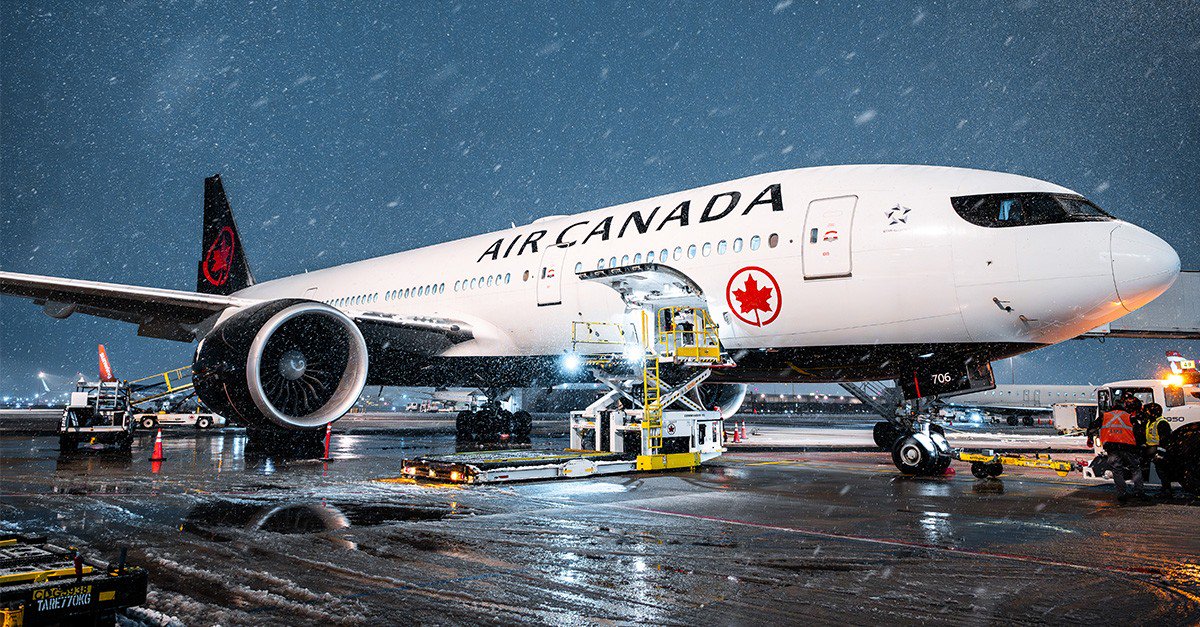Air Canada has transformed its disruption management, reducing the time taken to re-accommodate disrupted passengers from an average of 12 hours to just 10 minutes.
The airline is able to do this by using Amadeus’ Passenger Recovery solution. The technology automatically finds recovery solutions for 90% of passengers, leaving only the 10% most complex cases to be managed manually by the operations team.
Nairy Chamelian, Senior Director, Network Passenger Planning, System Operations Control said: “At Air Canada we operate a global ‘hub and spoke’ network that spans six continents and is served by a diverse fleet of aircraft.
“Despite our best efforts, like any airline, sometimes our operations and our customers face disruption.
“That’s why we decided to work with Amadeus to apply modern technology to this challenge, so we can re accommodate customers more quickly and effectively.
“I’m pleased to say that our standard KPI for offering Air Canada customers an alternative option when their flight is cancelled is now within 30 minutes, with most travellers rebooked just 10 minutes after receiving their cancellation notification on average.
“That’s down from about 12 hours when we managed cancellations more manually.”
When flights are cancelled, Amadeus’ Passenger Recovery tool now does the heavy lifting.
The tool is able to propose optimal solutions for passengers quickly, even when a significant number of flights are disrupted.
In a typical month, the tool proposes solutions for roughly 90% of disrupted passengers, with the remaining 10% of very complex cases handled manually.
Being able to automate the recovery process was instrumental to reducing internal KPI for offering customers a new flight option within 30 minutes or less.
If the recovery flight proposed isn’t quite right for the customer, they have the option to self re-accommodate on aircanada.com.
Chamelian added: “With Amadeus Passenger Recovery, we know about these missed connections in advance and the tool can either proactively rebook passengers onto later connecting flights from Toronto or move them to an alternative flight from Tokyo that gets them into Toronto early enough to make their original connection.
“Perhaps the most significant benefit Amadeus Passenger Recovery has brought to Air Canada is a complete end-to-end view of disruptions.
“That’s something we’ve never had before and it’s helping us take a much more strategic approach when managing irregular operations.
“With technology in place, we’re able to run simulations on potential recovery plans very quickly, which means our planning managers in the Systems Operations Control centre have a clear view of the potential implications for the decisions they may take.”




